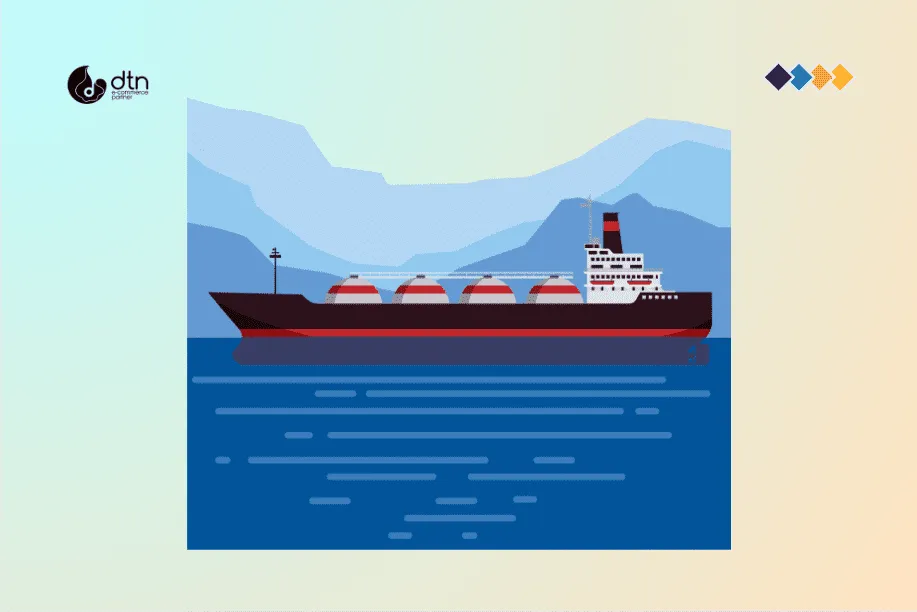Shipping is a crucial aspect of e-commerce that can significantly impact customer satisfaction and business profitability. Offering a range of Shipping Options and Carriers in E-commerce is essential for businesses to meet the diverse needs of their customers and ensure timely and efficient delivery.
Table of Contents
Shipping Options
- Standard Shipping:
This is the most common and cost-effective shipping option. It typically takes 3-7 business days for delivery and is suitable for non-urgent items.
- Expedited Shipping:
For faster delivery, businesses can offer expedited shipping options, such as 2-day or overnight delivery. This is ideal for time-sensitive items or customers who need their orders quickly.
- Free Shipping:
Providing complimentary shipping can serve as a compelling incentive for customers to complete a purchase. However, it’s important to factor in the cost of shipping into the product pricing or offer free shipping above a certain order value.
- Flat Rate Shipping:
With flat-rate shipping, customers are charged a consistent fee for shipping, regardless of the weight or dimensions of their order. This is a convenient option for businesses with a wide range of products and can simplify the shipping process.
- Same-Day Delivery:
For businesses in urban areas, same-day delivery can be a valuable option to meet the needs of customers who want their orders within a few hours.

Shipping Carriers
- USPS (United States Postal Service):
USPS is a reliable and affordable carrier for domestic shipping within the United States. They offer a range of shipping options, including First-Class Mail, Priority Mail, and Parcel Post.
- UPS (United Parcel Service):
UPS is a global shipping carrier that provides a wide range of services, including ground shipping, air shipping, and express delivery. They are known for their reliability and fast delivery times.
- FedEx (Federal Express):
FedEx is another global shipping carrier that offers a comprehensive range of services, including overnight delivery, international shipping, and specialized services for high-value items.
- DHL (Deutsche Post DHL Group):
DHL is a leading international shipping carrier that provides a wide range of services, including express delivery, freight forwarding, and supply chain management.
- Regional and Local Carriers:
For businesses that primarily ship within a specific region or locality, partnering with regional or local carriers can offer cost-effective and reliable shipping options.

Choosing the Right Shipping Options and Carriers
When selecting shipping options and carriers, businesses should consider the following factors:
- Needs of customer : Identify shipping options that cater to the specific needs of your target audience to enhance customer satisfaction.
- Product characteristics: Consider the size, weight, and value of your products to determine the appropriate shipping methods.
- Cost: Compare the shipping rates and fees offered by different carriers to find the most cost-effective options.
- Reliability: Choose carriers with a proven track record of reliability and on-time delivery.
- Customer service: Consider the level of customer support and responsiveness offered by different carriers.
- Sustainability: Some businesses may prioritize partnering with carriers that offer sustainable shipping practices.

Conclusion
Offering a range of shipping options and partnering with reliable carriers is essential for e-commerce businesses to meet the diverse needs of their customers and ensure timely and efficient delivery. By carefully considering the factors discussed above, businesses can optimize their shipping strategy, enhance customer satisfaction, and drive business growth.
Frequently Asked Questions
We’ve compiled a list of answers to common questions.
E-commerce businesses should conduct market research to understand customer preferences and needs, analyze product characteristics to determine appropriate shipping methods, and consider factors such as cost, speed, and convenience when selecting shipping options.
E-commerce businesses can negotiate volume discounts based on their shipping volume, explore alternative shipping solutions offered by carriers, consolidate shipments to optimize package sizes and reduce costs, and leverage technology to compare rates and track shipping expenses.
How can e-commerce businesses ensure smooth coordination?
E-commerce businesses can integrate their e-commerce platforms with shipping carrier systems to automate order processing and shipping label generation, establish clear communication channels with carriers to provide accurate shipment information and address any issues promptly, and regularly monitor performance metrics to identify areas for improvement in the fulfillment process.
What are some emerging trends or innovations in the shipping industry?
E-commerce businesses should keep an eye on trends such as drone delivery, autonomous vehicles for last-mile delivery, subscription-based shipping services, and eco-friendly packaging solutions to stay ahead of the curve and meet evolving customer expectations.
How can e-commerce businesses leverage shipping options and carriers?
E-commerce businesses can offer unique shipping options such as same-day delivery or eco-friendly packaging, provide transparent and accurate tracking information to keep customers informed, and prioritize exceptional customer service to create a positive shipping experience that sets them apart from competitors.



